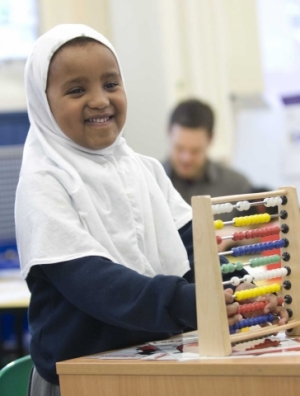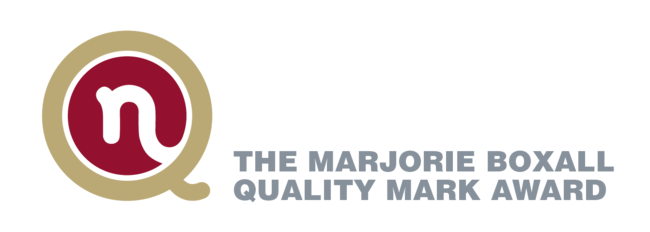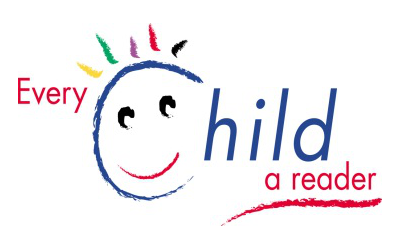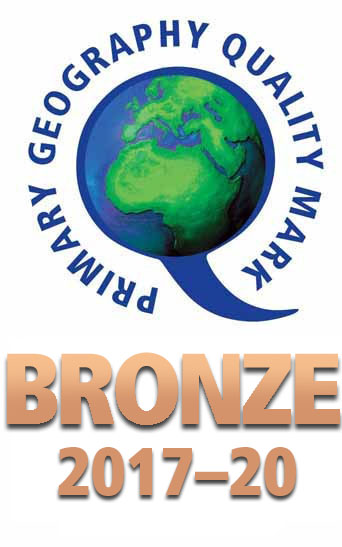Intent
At Hannah More, we understand the importance of mathematics in our everyday lives and we strive for our children develop an enjoyment and enthusiasm for maths which will continue with them throughout their lives. We believe maths is for everyone and aim to develop a classroom culture where everyone has a go and mistakes are seen as a learning tool. Through our rich, broad and balanced curriculum we endeavour to build confident, competent and independent mathematicians.
Our maths curriculum has been designed to allow children to spend time exploring concepts in depth in order to secure a deep understanding which enables children to apply their learning in different situations. Children develop the tools to calculate fluently, reason logically and solve problems, thinking in abstract ways. An emphasis is placed upon mathematical language as we want our learners to articulate, explain and discuss their mathematical thinking aiding their deep understanding.
Implementation
Teaching in years 1 to 6 follows the Maths at Hannah More teaching approach established by staff and updated each year.
Learning is currently organised using an adapted version of the White Rose scheme of learning and NCETM. New concepts are taught through the concrete-pictorial-abstract (CPA) approach which values practical experience of mathematics in different contexts to support deep, sustained learning. Teachers use skilful questioning and set up tasks that allow children to ‘discover’ for themselves. Children learn to use a variety of mental and written calculation methods with an emphasis on flexibility and efficiency.
In a typical lesson, children first spend time collaborating in pairs on small tasks set by the teacher, often using equipment and resources to reinforce and stretch their understanding. Teachers encourage children to ‘discover’ key concepts through these tasks and then draw learning together, with each learning step building on the last. Children’s language and reasoning skills are developed throughout. This part of the lesson is called the discovery phase.
The lesson then moves to the independent phase where children apply their understanding to a range of increasingly challenging problems. Children are taught together in class and a range of strategies are used to adapt teaching for individual children. At this point, rapid graspers are extended through rich, deep mathematical problems while any children still with gaps in their understanding receive immediate intervention to fill these, allowing the class to move forward together and ensuring none fall behind.
Although we strive for all children to achieve the highest levels possible, we also recognise that some children have additional needs that mean they face significant barriers to working at age-related expectations. To support these children to make accelerated progress and catch up to their peers, a bespoke curriculum is implemented giving more time to key concepts, slowing down learning to build deeper understanding and working on the curriculum appropriate for them. Children may also receive additional intervention, such as pre-teaching, additional adult support or learning tasks differentiated to a cognitively-appropriate level, to enable them to achieve their full potential.
In line with our high expectations for all, we ensure that the highest-attaining mathematicians are constantly challenged throughout lessons and their time at Hannah More. All pupils have the opportunity to access ‘greater depth’ challenges, whether through targeted questioning and ‘star challenges’ in the discovery phase of lessons, or through Level 2 and 3 extension challenges. Level 3 challenges, in particular, develop key mathematical problem-solving skills – such as working systematically, trial & improvement, pattern spotting etc… enabling children to develop increasing independence and removing the ceiling on their achievement. Higher-attainers also have the opportunity to both enhance their own understanding and support that of others through careful pairings by teachers in lessons.
Early Years Foundation Stage
During EYFS, pupils develop their mathematical understanding through a combination of child initiated and adult directed activities.
A short whole-class mathematics session is taught four afternoons a week. We follow the White Rose scheme of work NCETM Mastery approach to ensure that the children are taught the essential skills required for KS1. In addition to this, we ensure that the children have the opportunity to develop their mathematical skills during their independent learning time. The use of loose parts throughout the learning environment encourages children to count, order, arrange and measure. Children have access to blocks to encourage large-scale construction and sand and water which provide opportunities for measuring, channelling and transporting. We encourage children to record their mathematical learning using their own methods and focus less on more formal methods of recording. We believe this supports children’s understanding of mathematical concepts. The children’s “mathematical graphics” are celebrated and may be used as a stimulus for future whole-class mathematics session.
Please click the links below to see our content maps and calculation policy:
Hannah More's Calculation Policy
Impact
Pupils leave Hannah More as resilient learners with the mathematical skills needed for effective learning in secondary school and beyond. Maths has everyday purpose so that children see the links to application in future life/careers. Our children talk enthusiastically about maths and are eager to learn more.
At regular intervals, children’s understanding is assessed through a variety of informal assessments and formal tests. Teachers use the outcomes of these assessments to plan new learning activities and plug any gaps. Moderation of assessment data ensures consistency and accuracy.
School leaders regularly monitor teaching and learning in maths using book looks, learning walks and pupil conferencing. The impact of our mastery approach and the emphasis on accurate use of mathematical language is evident during class/ pupil discussions. Children are provided with support and challenge and CPA approach to learning helps consolidate understanding. Our work on reasoning and problem-solving ensures children have a deep understanding, builds their perseverance and enables them to apply their understanding in different contexts.
Home Learning
At Hannah More, children have accounts for both Numbots and Timetable Rockstars. Your class teacher will be able to give you the login details. This is a fantastic way for children to build their mathematical fluency.





